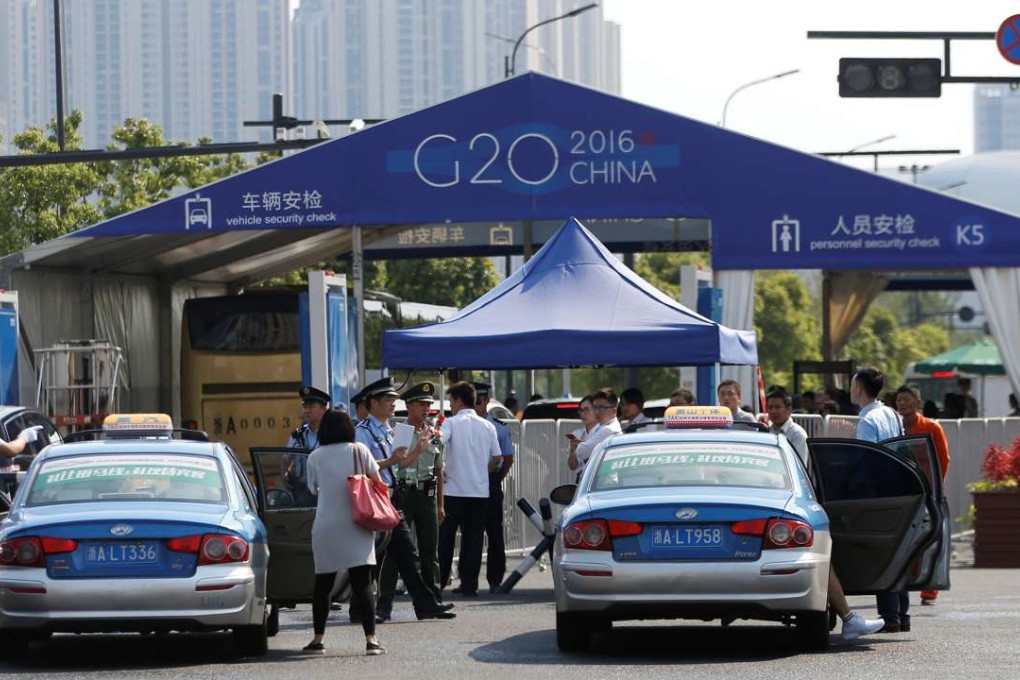China faces myriad challenges as it puts plan to revive world economy on top of G20 agenda
Fighting terrorism another key discussion topic for Hangzhou summit

China is hoping to find a recipe to revive global economic growth when it hosts its first G20 summit next week, but challenges are mounting in the form of domestic problems and regional tensions, with this week’s suicide car bombing at the Chinese embassy in Kyrgyzstan only adding to them.
Around 40 world leaders are expected to attend the two-day summit, which will begin in Hangzhou, Zhejiang province, on Sunday. Among them will be representatives of the 19 richest countries and the European Union, developing nations and the world’s top trade and financial organisations.
China’s excess capacity will definitely be a topic, if not in the formal sessions, then in the side meetings
The location will be familiar to President Xi Jinping, who spent five years in the city from 2002 when he served as the province’s Communist Party chief.
China has put a lot of important issues on the summit agenda, with its recommended tonic for world economic growth at the top of the list. It wants monetary and fiscal stimulus polices to be reined in, with more emphasis put on “structural reforms” in areas ranging from free trade to the labour market.
“President Xi Jinping will seek to achieve a landmark agreement to revive global growth, while leaving political tensions aside, particularly China’s territorial claims in the South China Sea,” said Ricard Torne, a senior economist at Barcelona-based consultancy FocusEconomics. “Promoting innovation and inclusive growth will be on Xi’s agenda, along with strengthening global trade in a context of rising protectionist measures.”